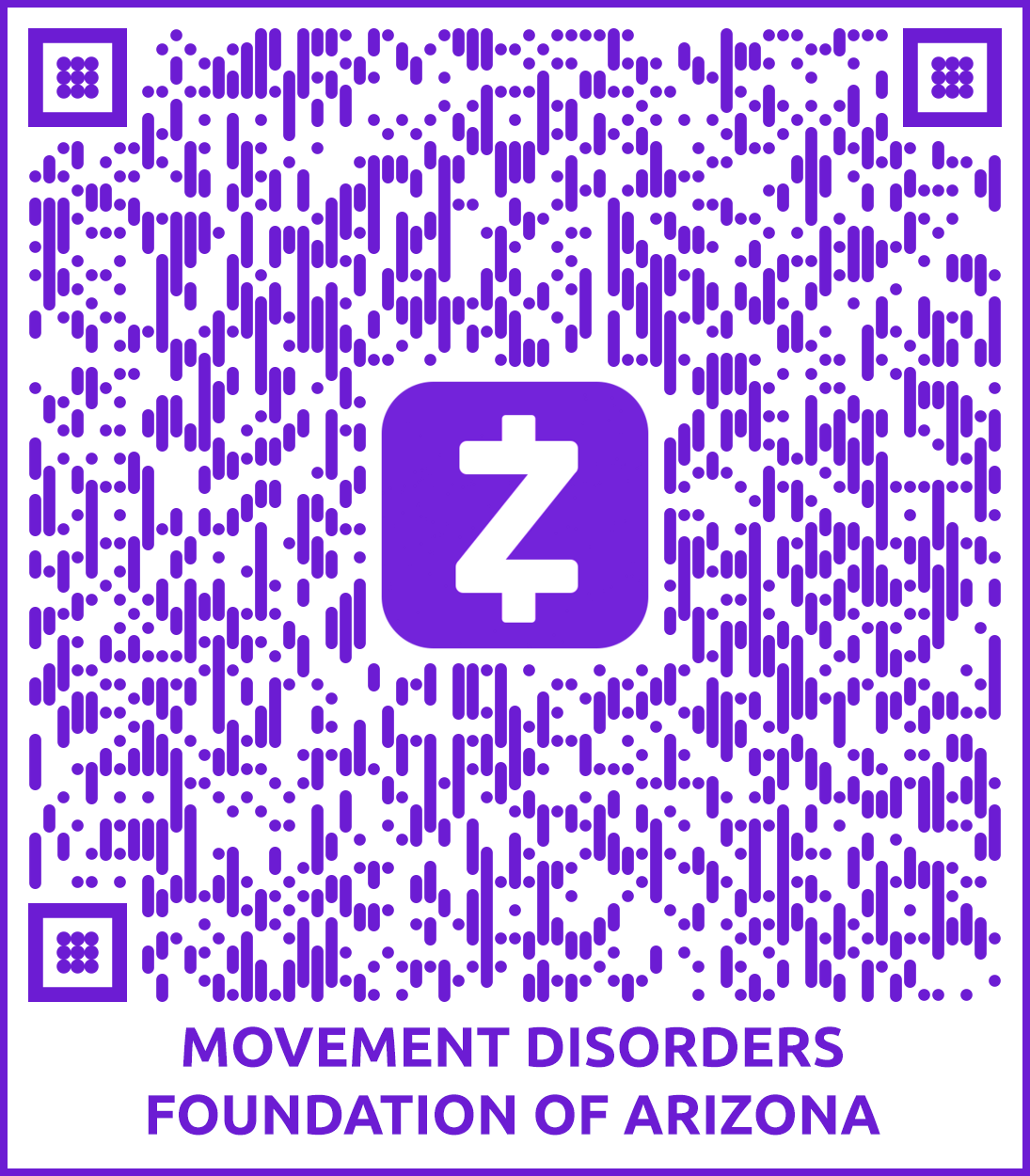Recent Articles
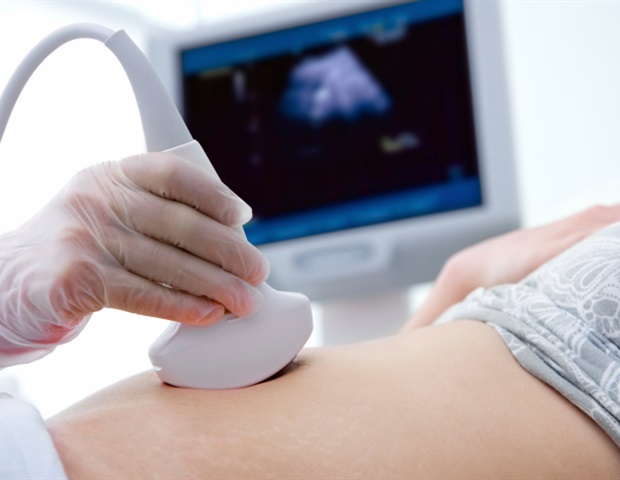
Pioneering researchers at UVA Health are testing whether focused sound waves can help people overcome cocaine addiction, a growing problem across the nation.
Source: AZO NetworkAugust 22, 2023
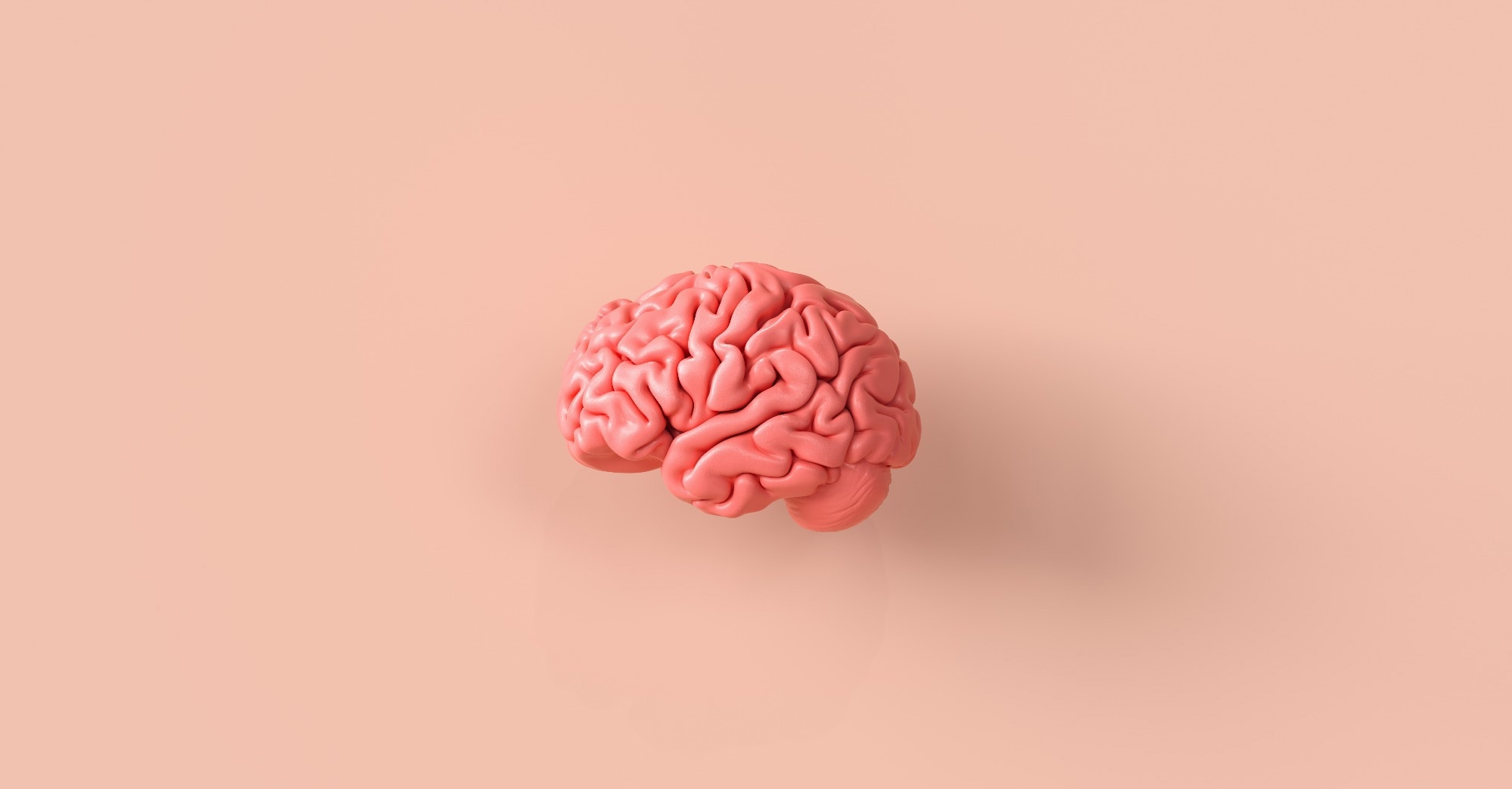
Researchers compared the shared genetic risk and biological foundations of neurological and mental illnesses.
Source: AZO NetworkAugust 1, 2023
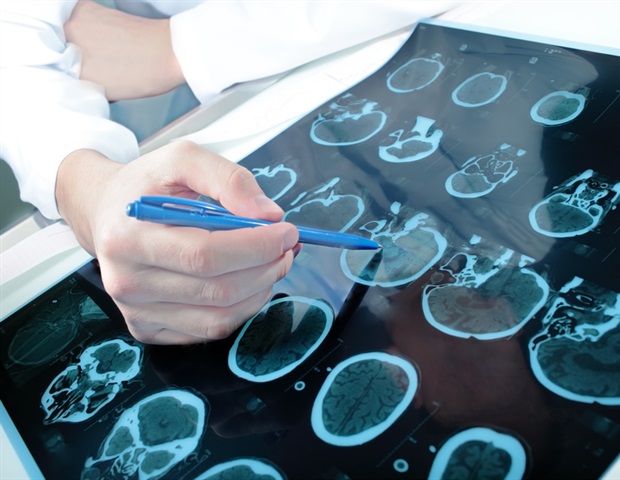
Many neurological conditions that involve involuntary muscle contractions have long been considered as diseases of the brain.
Source: AZO NetworkJune 6, 2023
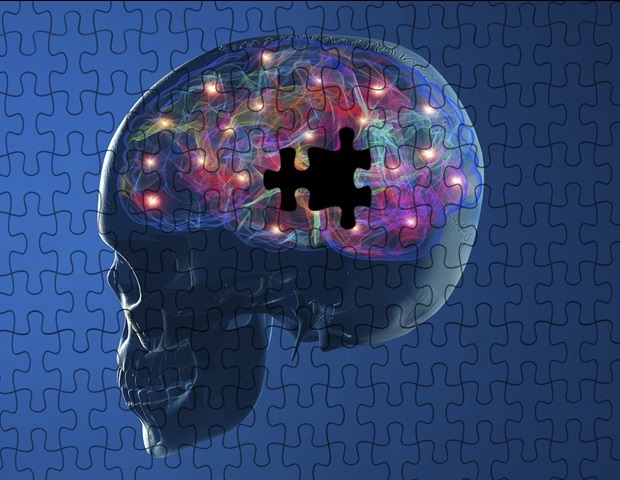
Synucleinopathies are a group of neurodegenerative diseases caused by the abnormal accumulation α-synuclein, a protein normally found in the brain and neurons. Incorrect folding of α-synuclein leads to formation of 'seeds', which attract more α-synuclein proteins to form larger clumps.
Source: AZO NetworkMay 29, 2023
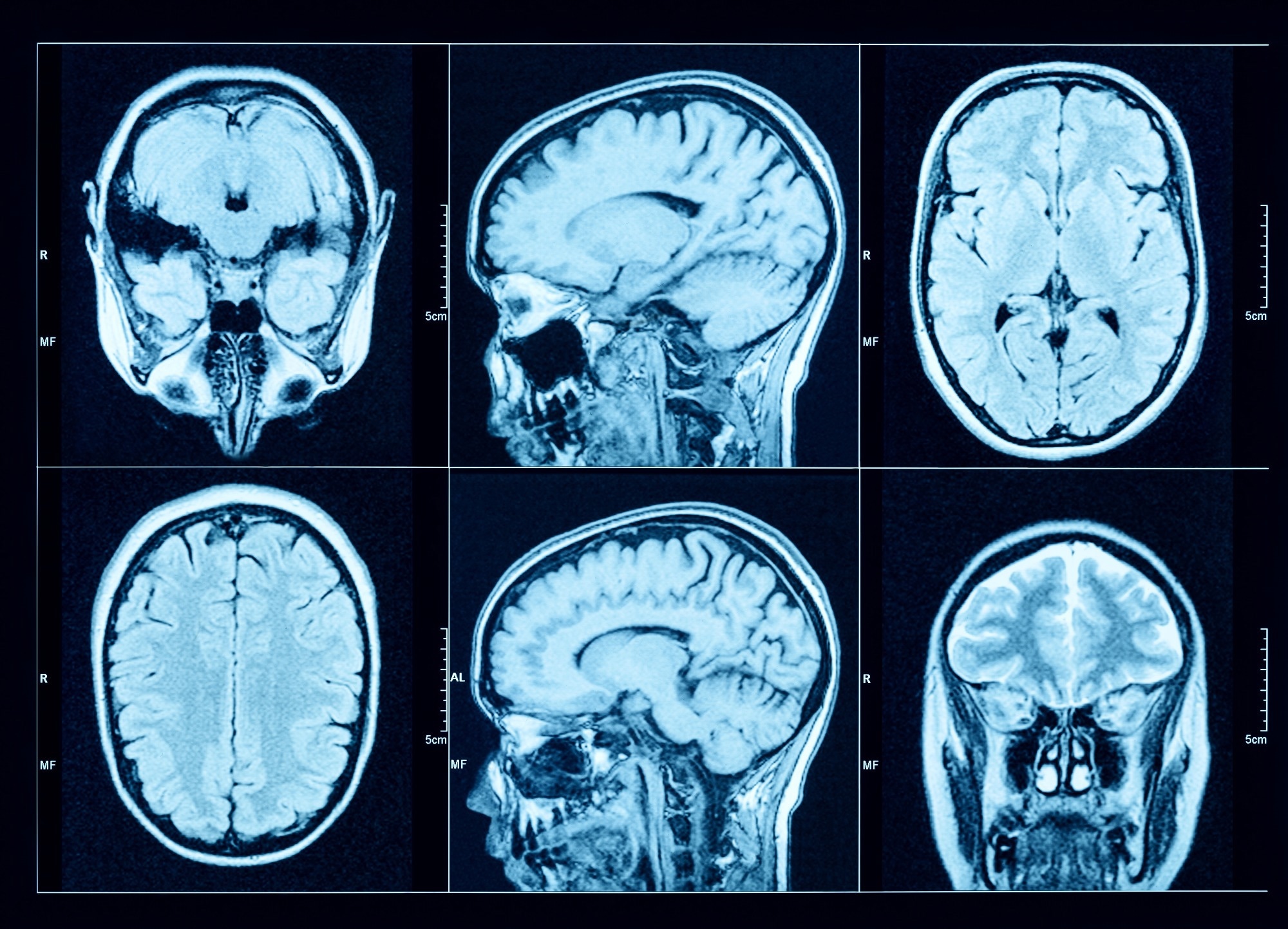
Research highlights the association between gout and neurodegenerative diseases, revealing that gout patients exhibit smaller brain volumes, increased brain iron markers, and a higher incidence of conditions such as dementia, Parkinson's disease, and essential tremor, particularly within the first three years after diagnosis.
Source: AZO NetworkMay 22, 2023
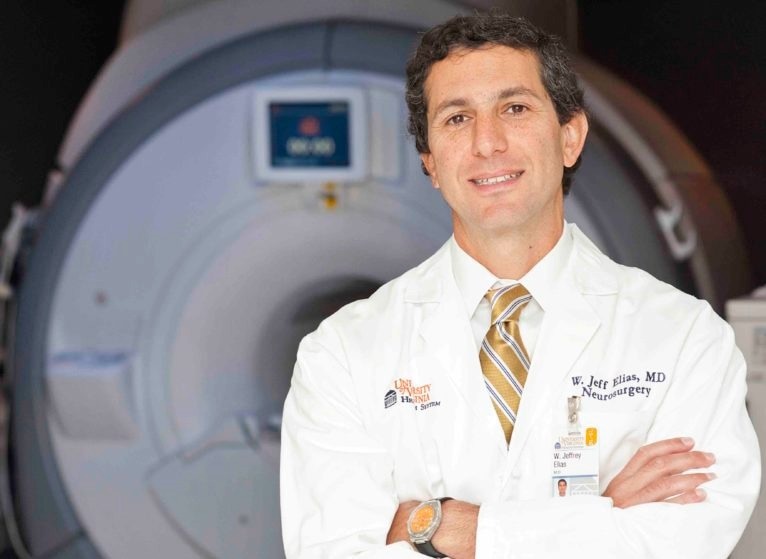
The findings of a major international trial to test a high-tech, scalpel-free approach to treating movement problems caused by Parkinson’s disease have been published in the prestigious New England Journal of Medicine.
Source: AZO NetworkMay 13, 2023
Movement Disorders
Foundation of Arizona
The Movement Disorders Foundation of Arizona is a non-profit organization dedicated to improving the lives of people living with movement disorders, with a particular focus on Parkinsonism and Parkinson's disease.
From providing free community services to novel treatment procedures, the Foundation is dedicated in establishing proper care and support to the people afflicted with movement disorders and their families. We believe that by providing the programs and opportunities that focus on managing their disability, we can enrich the lives of people living with movement disorders here in our community.
& seminars
Support our Foundation
The Movement Disorders Foundation of Arizona is focused on helping people living with movement disorders, with particular focus on Parkinson's disease and Parkinsonism.
Help support the Foundation's mission to enrich the lives of people living with movement disorders through education, research, and community support. With your help, you would be empowering the Foundation to help these people pursue wellness and enable them to live healthy and fulfilling lives.
Audience Testimonials
"Thank you for providing these! I'm newly diagnosed and eager to learn more."
"More webinar like this!"
"Very good stimulation and variety."
"I believe I have been to all the boxing classes (zoom, 4). This is the best one yet. To make it even better, more class participation with students counting the exercises with the instructor (good voice training). One, Two, three, etc,"
"This has been a really eye opening program for me."
"Excellent presentation by Dr Subraheinem (SP). She gave answers to questions that were on point"
"The Wellness Webinar was a big help. Thank you! Let’s have more of this coz it gives encouragement to PD patients and to caregivers."
"Outstanding webinar! Breakout rooms were enjoyable. Learned a lot from the speakers."
"Thank you for such in-depth descriptions & explanations of the topics. I probably won’t remember the difficult names of meds mentioned, but I will remember that there are meds for Hallucinations, & other side effects. It was very informative. Blessings"
"Fantastic learning experience"
"I would like to share this talk with my sister who was diagnosed with PD"
"The breakout rooms are helpful. The sponsor videos were a bit choppy. The webinar was very enjoyable and educational. Kudos to the MDFA."
"5 stars for both speakers! Information relevant to me and my desire to become more well-informed regarding disease."
"This was really a very very good webinar. Kudos to the organizers. The breakout rooms were much better this time. I am looking forward to the next webinar."
"Outstanding webinar. The Q & A portion is really informative and engaging."
"The webinars are very insightful. Thank you for making it available."
"Very good seminar. Learned a lot. Looking forward to the next one."
"It was fantastic and I was very grateful. The two doctors were really really wonderful"
"Very interesting subject regarding gastrointestinal symptoms. Very good information and was easy to understand."
Event Calendar
, 2026
Educational Webinar
Nutritional Neurology for Parkinson's: Key to Longevity
| Presented by: | Tasha Powell, MD |
View event
, 2026
Educational Webinar
Deep Brain Stimulation & Subcutaneous Pump Therapies for Parkinson's and Tremor
| Presented by: | Francisco Ponce, MD |
View event
, 2026
, 2026
Educational Webinar
Subcutaneous Apomorphine Pump (Onapgo): An Exciting Non-Surgical Option for Parkinson's Disease
| Presented by: | Eric Farbman, MD |
View event
Watch our Previous Webinars
Dr. Marwan Sabbagh will be discussing cognitive issues in patients with Parkinson's disease and parkinsonism, and differentiate that from Alzheimer's disease and age-related forgetfulness. During the seminar, current drug therapies will be discussed, role of supplements in cognitive health, as well as role of exercise.
Dr. Ospina and Dr. Evidente will be discussing controversial issues in managing Parkinson's disease that patients often ask about. These include: Are there ways to slow down PD? Can we prevent PD? Are there food items that are beneficial or harmful for PD? If medicines are no longer very effective, what are the alternatives to managing PD? Are natural sources of dopamine better than medications?
(1) Should levodopa be started early or late in PD?; (2) Should elderly patients be put on dopamine agonists?; (3) How strong is the evidence for efficacy of supplements for PD?; (4) Are natural sources of levodopa better than synthetic levodopa pills?; (5) Can cannabis help PD symptoms and is it safe for PD?; (6) Should deep brain stimulation (DBS) be offered earlier in PD rather than later?
Contact Us
|
Location
#9590 E Ironwood Square DriveSuite #225 Scottsdale AZ 85258 |
|
|
Phone
(480) 403-4635
|
|
|
Got a Question?
info@mdfa.us
|
Move up to Better Health
We would love to have your support in carrying through with MDFA's mission to enrich the lives of those with movement disorders through research, education and community.
By raising awareness, we're able to establish important collaborative partnerships so we can bring care to where it's truly needed.
Help us provide tools to improve the lives of people living with movement disorders.
